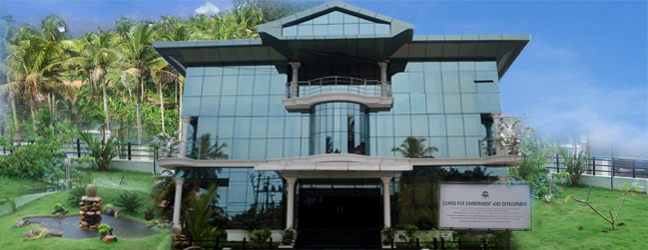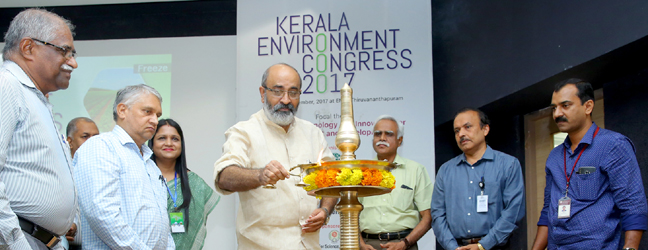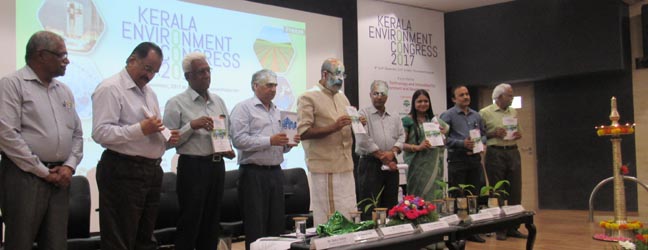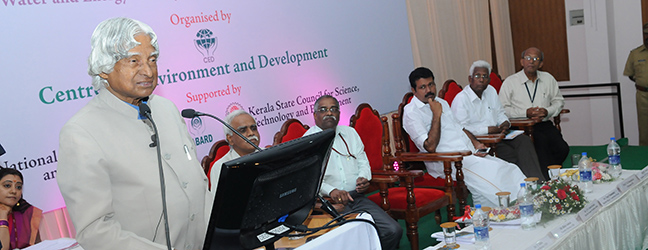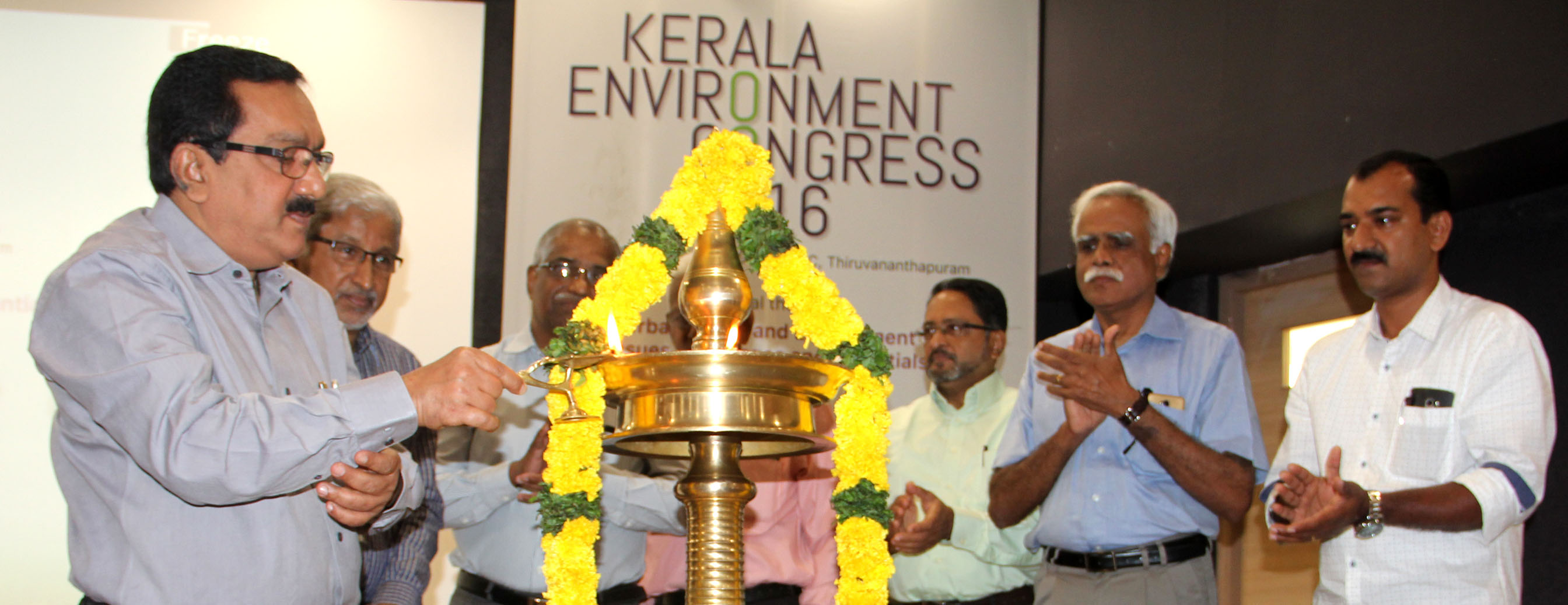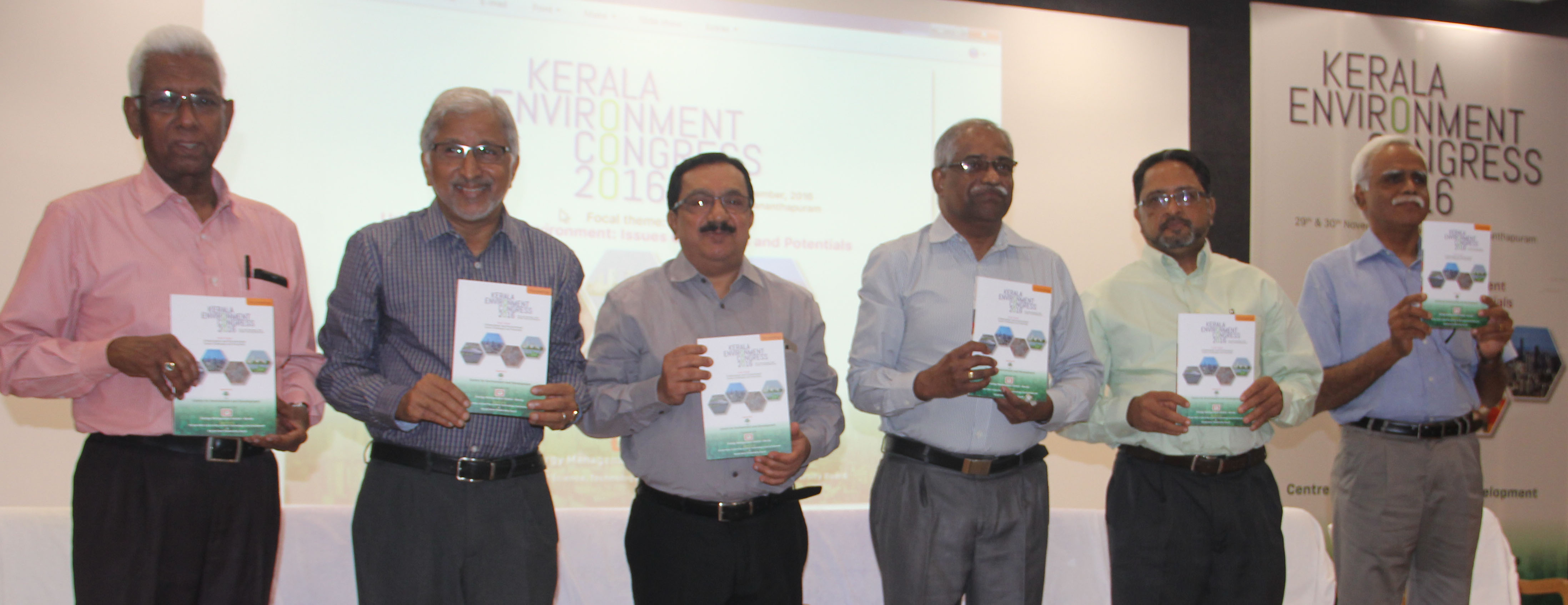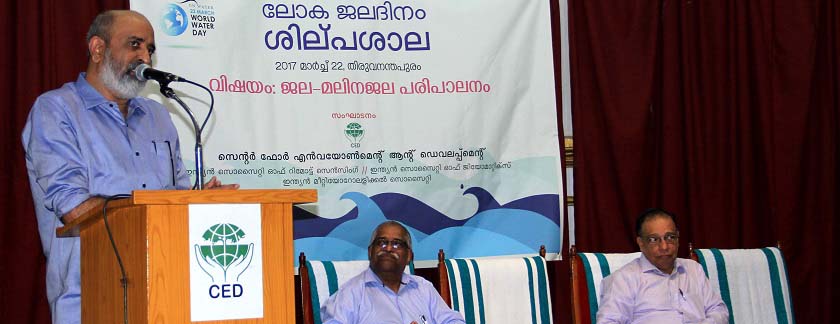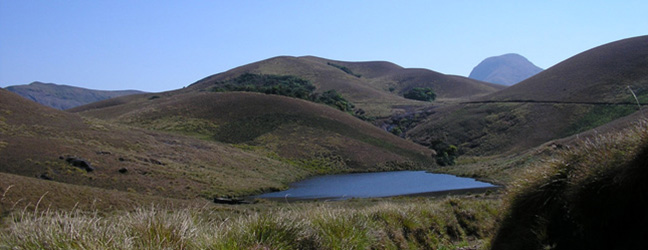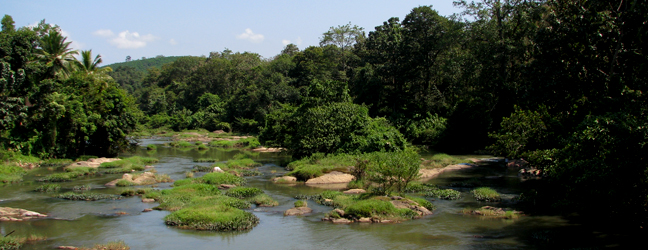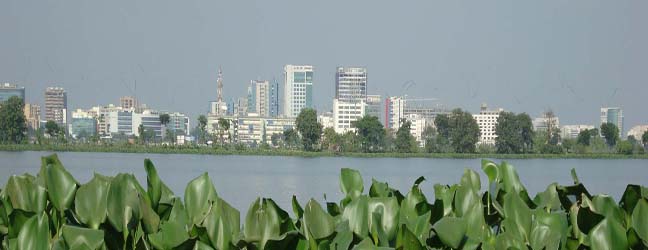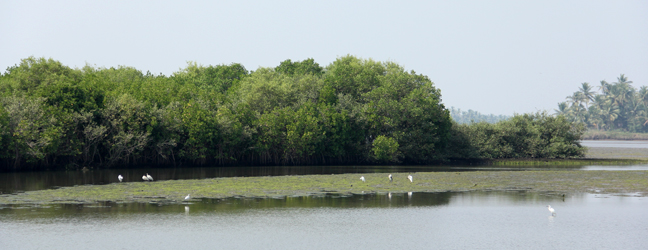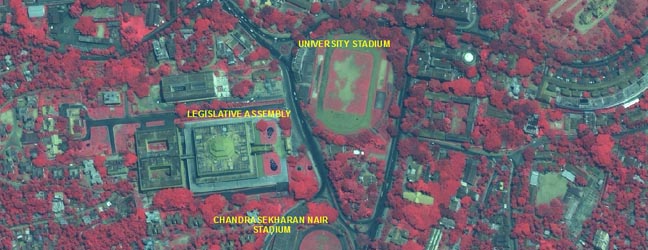Post crisis governance initiatives in South Asia
Objectives of Project:
The goal of this project is to identify, analyze and promote the political and sociocultural processes that are necessary to enable the functioning of MSWM systems and to assess the opportunities in MSWM governance to strengthen horizontal and downwards accountabilities in combination with localizing the material waste chain and rendering it more circular. To reach this aim, recent post-crisis governance initiatives in Kerala, Sri Lanka and Nepal will be systematically examined. The different SWM initiatives will be examined with a focus on political and sociocultural processes and evaluated in terms of their replicability in different contexts and of their potential for scaling-up. In this way, the project aims to contribute to global sustainable development, with a focus on its social and environmental dimensions
The objectives of the project include:
1. To analyze the institutional architecture of waste governance, the waste chain and related socially differentiated labor practices, and accompanying discourses on waste and waste-work in three cities in Nepal, Sri Lanka and Kerala.
2. To facilitate mutual learning through horizontal South-South partnerships between local authorities, civil society actors and researchers across South Asia and through the organization of exchange visits and the development of policy briefs, video logs and YouTube clips. The project will provide evidence to policymakers, practitioners, profit and non-profit organizations about alternative MSWM practices and systems.
3. To assess the potential for replicability and scaling-up of successful governance initiatives in order to promote environmentally sustainable, livelihoods-oriented, gender sensitive, politically and socially appropriate, feasible and acceptable MSWM systems with circular waste chains and economies based on the created knowledge on post-crisis SWM initiatives.
Description of Project:
Within South Asia, Nepal, Sri Lanka and India are selected as the place of application .Their similar demographic and socioeconomic characteristics allow an assessment of the relative influence of different types of politics, governance and sociocultural imaginaries on the management of waste. The project will apply a mixed-method approach to examine how the different SWM governance initiatives, mechanisms and systems came about in the three urban areas. At the different stages of the research, semi-structured and in-depth interviews with the identified key actors (municipal, state/province, and national-level government officers, local and supra-local politicians, engineers, private contractors, NGO representatives, leaders of resistance movements, unions, waste-work contractors, waste collectors, residents’ associations, waste producers (men and women), etc.) will be used to understand political and sociocultural motives behind the adoption, modification or rejection of particular MSWM practices. Furthermore, focus group discussions will be carried out with groups of female and male waste producers, with communities affected by inadequate collection services or by nearby waste dumping, and with members of grassroots resistance movements.
Within the selected three countries, one urban area per country for in-depth empirical studies is selected. The rationale for the case selection was the areas’ richness and variety in recent crisis-triggered, endogenous SWM governance initiatives.
The planned research will focus on the city of Thiruvananthapuram, Kerala, India which experienced a severe garbage crisis in 2012, as (party-politicized) protests by local residents forced the closure of the main waste processing (composting) plant in the nearby village of Vilappil. Garbage could hence not be disposed of and the stench from waste dominated the city.
The planned study in the case of Nepal will focus on the neighborhoods of Maharajgung (northern part of Kathmandu) and Panga (Kirtipur municipality, adjacent to Kathmandu).
In Sri Lanka, the waste management is mainly through enforcement of the existing laws rather than a participatory approach. The proposed project will examine the non-participatory, disciplinary, top-down initiatives in the Colombo metropolitan area in the Municipal Council of Dehiwala-Mt. Lavinia
Team Leader/Investigator: Dr. Rene Veron, Prof of Social Geography, University Of Lausanne, Switzerland
Team Members:
- Dr. Pia Hollenbach University Of Lausanne, Switzerland
- Dr. P R Nishara Fernando, Head, Department of Sociology, University of Colombo, Sri Lanka
- Mr. Damitha Lakmal Samarakoon ,Deputy Director, Janathakshan (GTE) Limited, Colombo, Sri Lanka
- Mr. Malith De Silva, Research Coordinate, MSWM Project, University of Colombo, Sri Lanka
- Dr. Bishnu Raj Upreti ,Research Director Nepal Centre for Contemporary Research (NCCR), Kathmandu, Nepal
- Mr. Sudarshan Rajbhandari , Program Director, Centre for Integrated Urban Development (CIUD), Nepal
- Mr. Yash Man Karmacharya, Project Co-ordinator, Centre for Integrated Urban Development (CIUD), Nepal
- Ms.Drishti Upreti ,Research Scholar, Nepal Centre for Contemporary Research (NCCR),Kathmandu, Nepal
9. Dr. Babu Ambat, Executive Director, Centre for Environment and Development, Thiruvananthapuram
10. Dr. N.C. Narayanan , Professor, Centre For Technology Alternatives For Rural Areas, IIT, Mumbai
11. Ms. Neelam Rana , Ph.D Research Scholar , Centre For Technology Alternatives For Rural Areas, IIT, Mumbai
12. Dr. P V Radhakrishnan, Program Director, Centre for Environment and Development, Thiruvananthapuram
13. Ms. Jayanthi T A, Scientist, Centre for Environment and Development, Thiruvananthapuram,
14. Mr. P. Byju, Programe Officer, Centre for Environment and Development, Thiruvananthapuram


